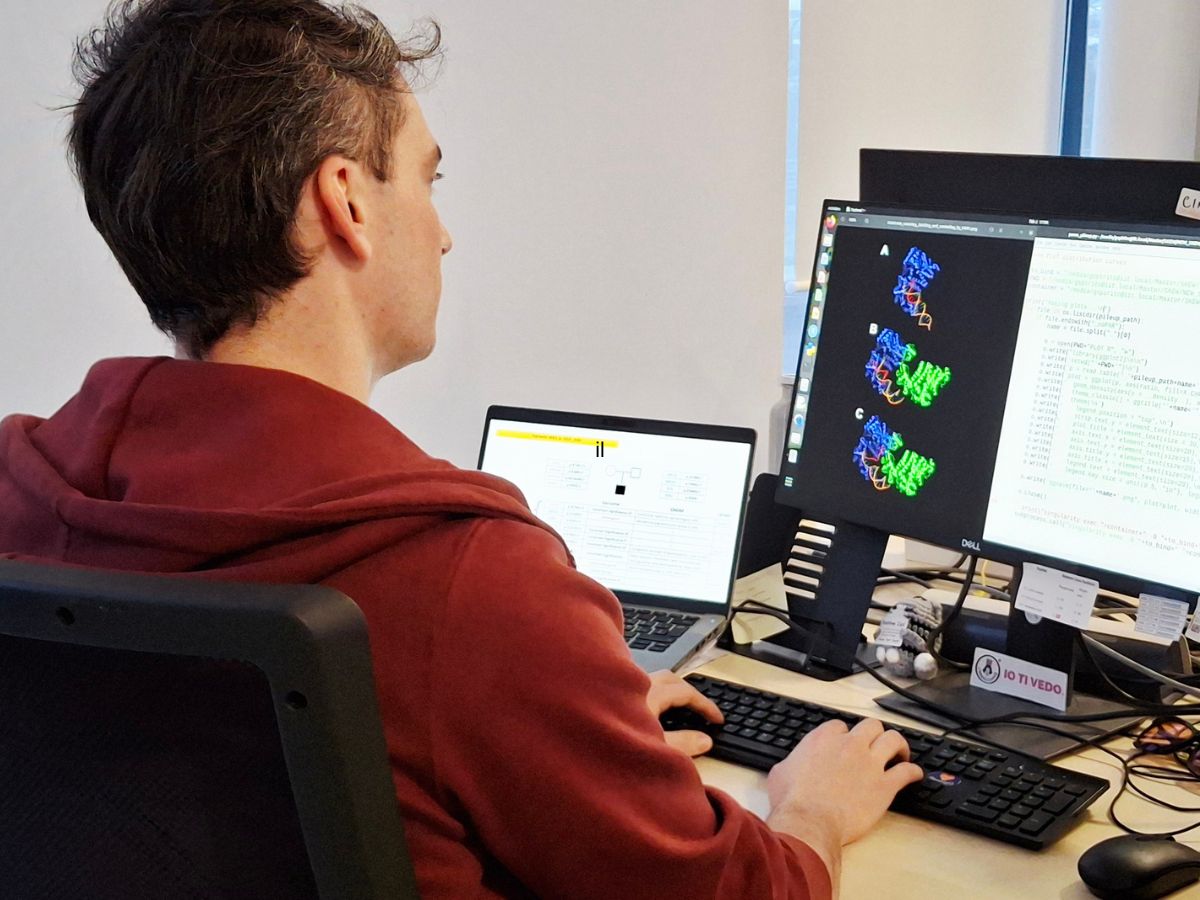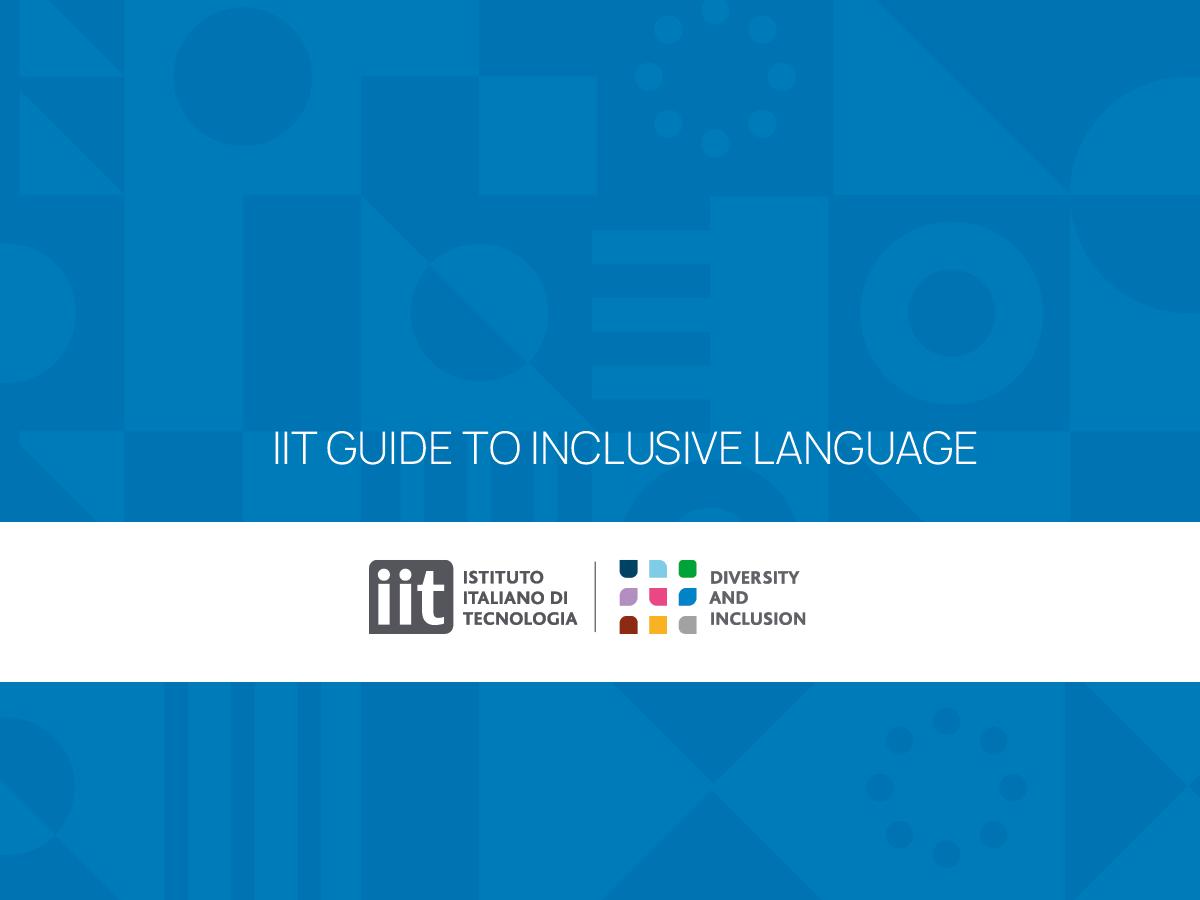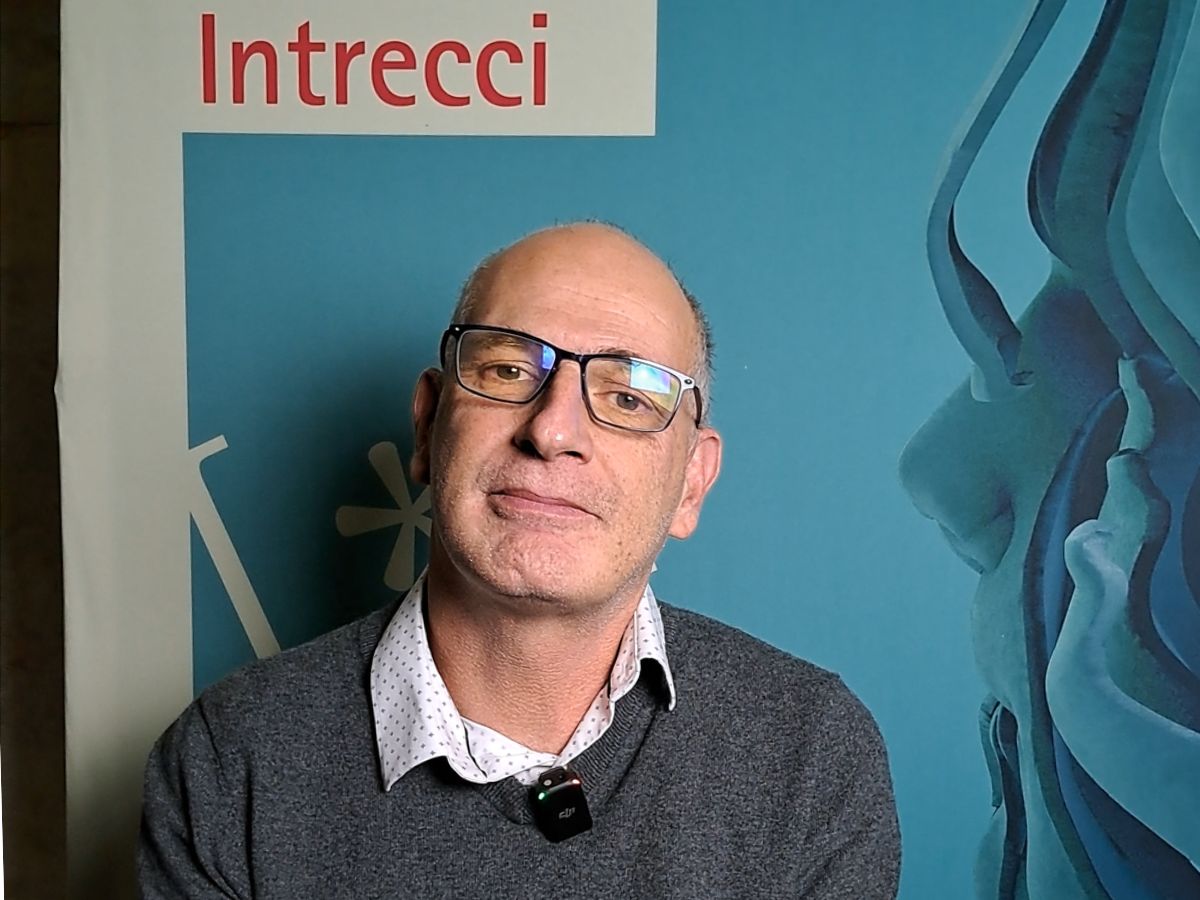An interview with Lina Donnarumma, head of the Diversity, Inclusion and Social Impact department at IIT
NEXUS is a project funded by the European Union that aims to promote the evolution of Gender Equality Plans (GEPs) of academic and research organisations into plans that consider aspects beyond gender (Gender+), with a view to favouring inclusion. The project is based on constant exchanges between significantly STEM-oriented universities and research centres that have already implemented programmes and activities to promote and manage these themes. The project is coordinated by Technological University Dublin (TUD), and the partners include the Diversity, Inclusion and Social Impact department at IIT, coordinated by Lina Donnarumma.
NEXUS was launched a year ago, with the involvement of 10 partners from various regions of Europe, with Ireland and France to the west, Hungary and Poland in Central Europe, Italy to the south and Bulgaria, Cyprus, Serbia and Turkey to the southeast. Who, specifically, is involved in the activities?
The project was launched on 1 September 2023 and will last for 2 years. There are varied figures involved, from a cross-section of areas. The participation of TUD sees the involvement of the entire Equality, Diversity and Inclusion (EDI) structure, which operates across the university and reports directly to the Board of Directors, and which includes both researchers and data analysts. The University of Le Mans in France, the Koç University in Turkey and AGH in Poland are involved via the Gender Equality Plan offices and social studies researchers. The universities in Eastern Europe have also involved engineers and professors working in the field of communication. Italy is represented by us at IIT and Smart Venice, a company specialised in training on EDI themes.
After a year of collaboration between the various project partners, what elements of interest have emerged that you are working on?
The first project work package called for an analysis of the current situation in order to evolve from existing Gender Equality Plans to “EDI plus” plans that provide for inclusion on a more general level. The most critical element common to all the organisations involved concerns the gathering of the data required to implement EDI policies. These are general and qualitative data that are currently not usually gathered for reasons related to privacy or to the structure of the individual organisations. TUD is the only university to have already addressed this aspect and to have implemented the full gathering of data related to gender identity themes. Despite having already gathered some information, here at IIT, we have realised that we need to restructure the way we acquire data. All the NEXUS partners are working on this aspect. The analysis also highlighted inconsistencies between the various countries, with differences in legislation between Eastern and Western Europe.
In addition to analysis, the project also aims to define practical actions; in what way?
NEXUS is an extremely practical project, and as a matter of fact, each partner is required to implement five actions in the areas of the Gender Equality Plan in which it is most behind. Each partner, and IIT is in charge of this task, will then be required to redefine its own GEP on the basis of the outcome of the various actions, as well as identify an innovative action to be implemented following the completion of the European project, as a legacy of the project itself. The goal is to draw up a document that describes the best EDI practices implemented, resulting in an EDI plus plan to be presented to internal and external stakeholders at a final event. This plan will serve as a cornerstone for recommendations, a policy brief for local and governmental institutions.
In what areas of the Gender Equality Plans will the actions be implemented?
Each GEP is made up of five areas: work-life balance, gender balance in leadership, integration of the gender dimension in research, gender equality in recruitment and career progression, and gender-based violence, including sexual harassment. Some organisations have proven to be weaker in the area of work-life balance, and it has emerged that the gender dimension in research is an element that has not yet been fully integrated in many of the partner organisations and is therefore an issue that will require particular attention. Another extremely important issue is harassment; in some organisations the situation is significantly advanced and well structured, while in others it is almost completely lacking. At IIT, we will be working in particular on data collection and work-life balance, with a project specifically aimed at parenthood, and we will also be developing training activities on cultural bias, harassment and bullying, which, particularly in research centres, are often psychological in nature. Lastly, in collaboration with another two partners, we are drawing up guidelines for more inclusive research that takes into consideration not only the gender dimension but also the other dimensions that characterise the people involved in research, either as users or as subjects.
If an external university or organisation wanted to take part in the project, would it be able to contribute to discussions or participate in public events?
The project dictates that each partner must involve at least 20 external stakeholders. At IIT, we have acted by involving, on the one hand, the institutions participating in the Municipality of Genoa equal opportunities round table, and on the other, the partner institutions of the RAISE project; many from the Genoa area. We have also attracted the interest of the FBK Foundation and the Telethon Foundation, with whom we are in constant contact, as well as the University of Genoa through the Rector’s Delegate for equal opportunities, Prof. Angela Taramasso. Then there are companies such as RINA, Itachi, Iren, ABB and Esaote. We share documentation with all of these, allowing for detailed exchanges, and we also carry out brainstorming sessions and training events together. For example, on 24 October we met with the Gender Equality Team and the Project Department of the San Martino hospital in Genoa to discuss the actions that IIT will be implementing for NEXUS, sharing ideas and needs with them. Our approach is to maintain active discussions with a view to defining the end-of-project policy brief with their contribution.
What are you planning in particular in terms of training?
At IIT, we are involving external suppliers in the creation of class-based training, which, with a view to long-term sustainability, could then also be used as e-learning materials in the future. With regard to training on bias in recruitment and on a cultural level, we have the contribution of the IIT PI, Raffaella Tonini, and of Eva Campi, Executive Coach and partner at Newton SpA. We are discussing the subject of harassment, which has an impact on work-related stress, with Valore D, an association of companies that plays an extremely important role in Italy, to assess their possible involvement. In terms of the gender+ dimension, we will be taking advantage of seminars by Smart Venice, again with a view to the capacity building that has characterised this project, which will help us to produce the guidelines mentioned earlier and that will be presented to IIT via a dedicated workshop. For the matter of data collection, we have created a work group in IIT composed of around twenty people from a cross-section of areas. Our training will be completely free of charge.
What are your expectations for this project?
I expect that the actions developed as part of the project will contribute to bringing about the change management in IIT needed to stimulate significant cultural and organisational evolution, fostering an increased sense of belonging. Lastly, we are preparing for the presentation of the policy brief in September 2025, involving as many stakeholders as possible.






